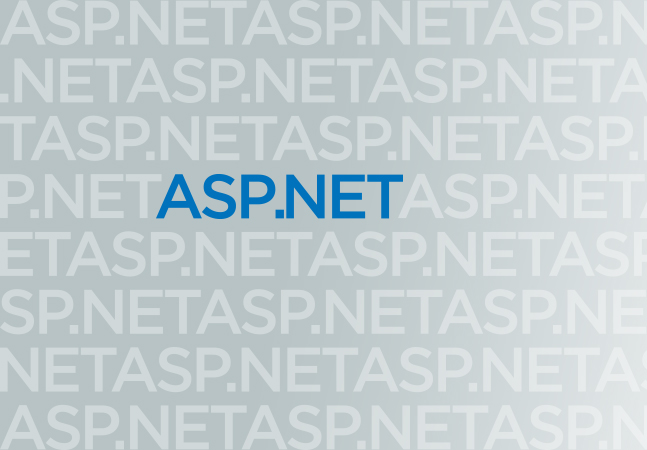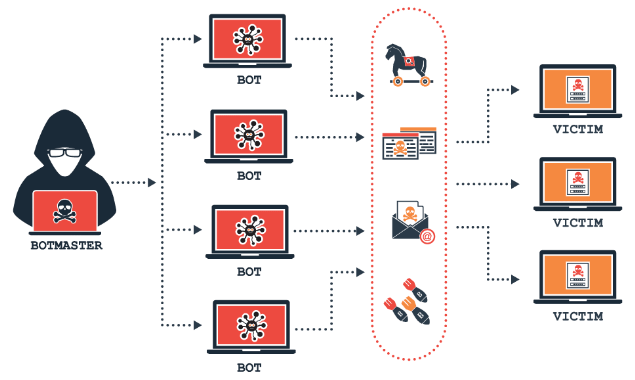API gateways offer a solitary point of entry for clients. This guarantees the security of your distributed system or microservices and simplifies their interactions with it.
Authentication is a crucial component of API gateways, making sure that only apps and people with permission may access your important data and resources.
In this newsletter, we’ll look at how to use YARP (Yet Another Reverse Proxy), a robust and adaptable reverse proxy framework for.NET applications, to handle API gateway authentication.
Here’s what we will cover
- The role of API gateways
- Configuring authentication with YARP
- Creating custom authorization policies
Let’s dive in.
The Role of API Gateways
An API gateway is the “front door” to your backend services and APIs. It acts as an intermediary layer, handling client requests and routing them to the appropriate destinations.
The key benefits of API gateways are
- Centralized access: All incoming requests must first pass through the gateway. This simplifies management and monitoring.
- Service abstraction: Clients interact only with the gateway. We can hide the complexity of the backend architecture from clients.
- Performance enhancement: Implement techniques like caching and load balancing to optimize API performance.
- Authentication and Authorization: API gateways verify user and application identities, enforcing whether a request is allowed or not.
Configuring Authentication With YARP
We can use the API gateway to authenticate and authorize requests before they are proxied to the destination servers. This can reduce the load on the destination servers, and introduce a layer of security. Implementing authentication on the API gateway ensures consistent policies are implemented across your applications.
If you’re new to YARP, I recommend first reading about how to implement an API gateway with YARP.
By default, YARP won’t authenticate or authorize requests unless enabled in the route or application configuration.
We can start by introducing authentication and authorization middleware.
This allows us to configure the authorization policy by providing the AuthorizationPolicy value in the route configuration.
There are two special values we can specify in a route’s authorization parameter.
- Default: The route will require an authenticated user.
- Anonymous: The route will not require authorization regardless of any other configuration.
Here’s how we can enforce that all incoming requests must be authenticated.
We want to authorize any incoming request as soon as it hits the API gateway. However, the destination server may still need to know who the user is (authentication) and what they can do (authorization).
YARP will pass any credentials to the proxied request. By default, cookies, bearer tokens, and API keys will flow to the destination server.
Creating Custom Authentication Policies
YARP can utilize the powerful authorization policies feature in ASP.NET Core. We can specify a policy per route in the proxy configuration, and the rest is handled by existing ASP.NET Core authentication and authorization components.
Here’s how we can create a custom is-vip policy with two components. It requires an authenticated user and VIP claim with one of the defined allowed values to be present. To use this policy, we can just specify it as the value for the AuthorizationPolicy in the route configuration.
Summary
API gateways provide a unified access point, streamlining client interactions and securing your backend services. Authentication is an essential element of API gateway security, controlling who can access your resources.
YARP offers a versatile solution for building .NET API gateways. By integrating with ASP.NET Core’s authentication and authorization frameworks, YARP enables robust security mechanisms.
This flexibility really shines with support for custom authorization policies. This allows you to define granular access control based on user roles, claims, or other attributes.
Best and Most Recommended ASP.NET Core 8.0.4 Hosting
Fortunately, there are a number of dependable and recommended web hosts available that can help you gain control of your website’s performance and improve your ASP.NET Core 8.0.4 web ranking. HostForLIFEASP.NET is highly recommended. In Europe, HostForLIFEASP.NET is the most popular option for first-time web hosts searching for an affordable plan.
Their standard price begins at only € 3.49 per month. Customers are permitted to choose quarterly and annual plans based on their preferences. HostForLIFEASP.NET guarantees “No Hidden Fees” and an industry-leading ’30 Days Cash Back’ policy. Customers who terminate their service within the first thirty days are eligible for a full refund.
By providing reseller hosting accounts, HostForLIFEASP.NET also gives its consumers the chance to generate income. You can purchase their reseller hosting account, host an unlimited number of websites on it, and even sell some of your hosting space to others. This is one of the most effective methods for making money online. They will take care of all your customers’ hosting needs, so you do not need to fret about hosting-related matters.







